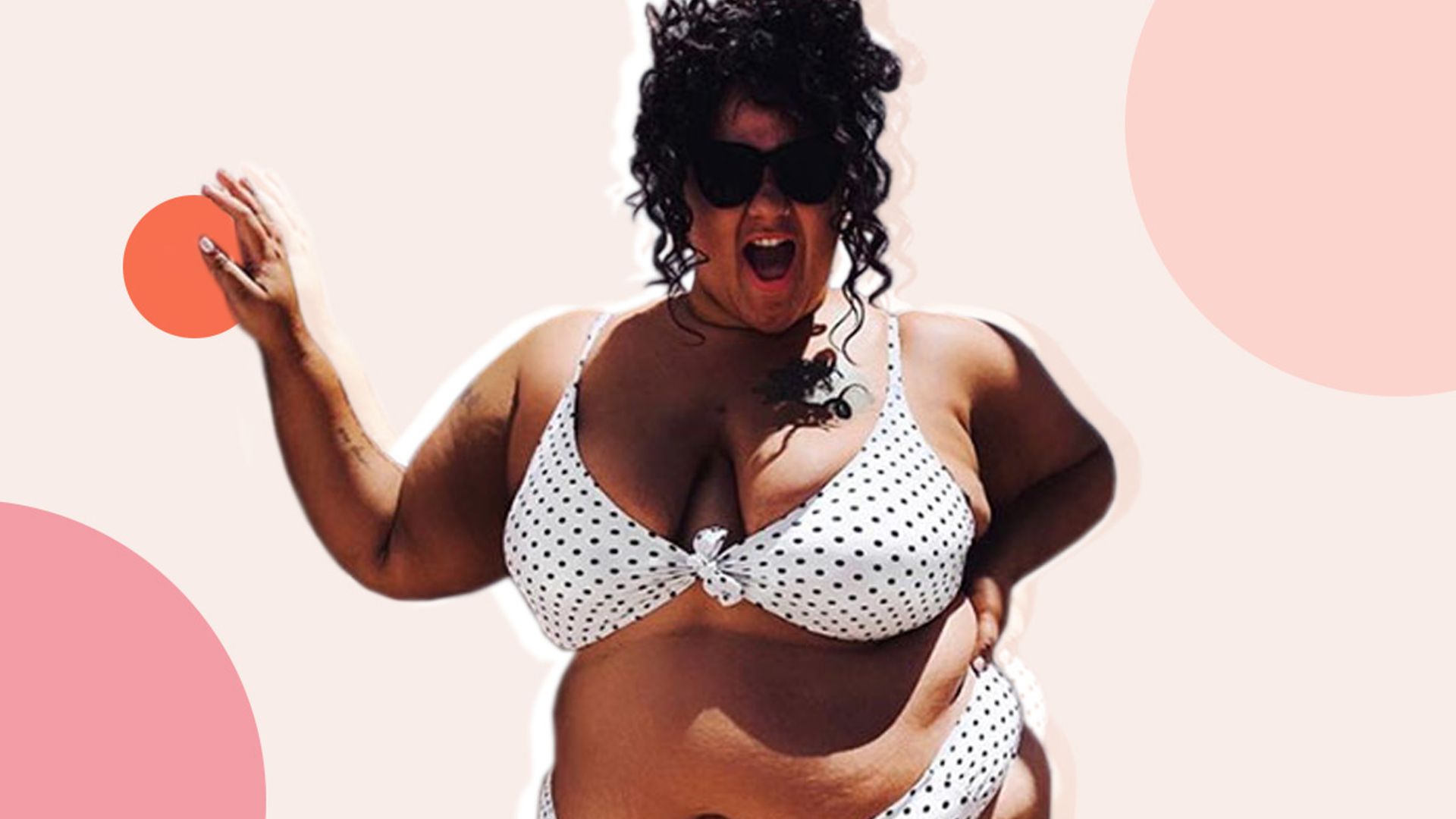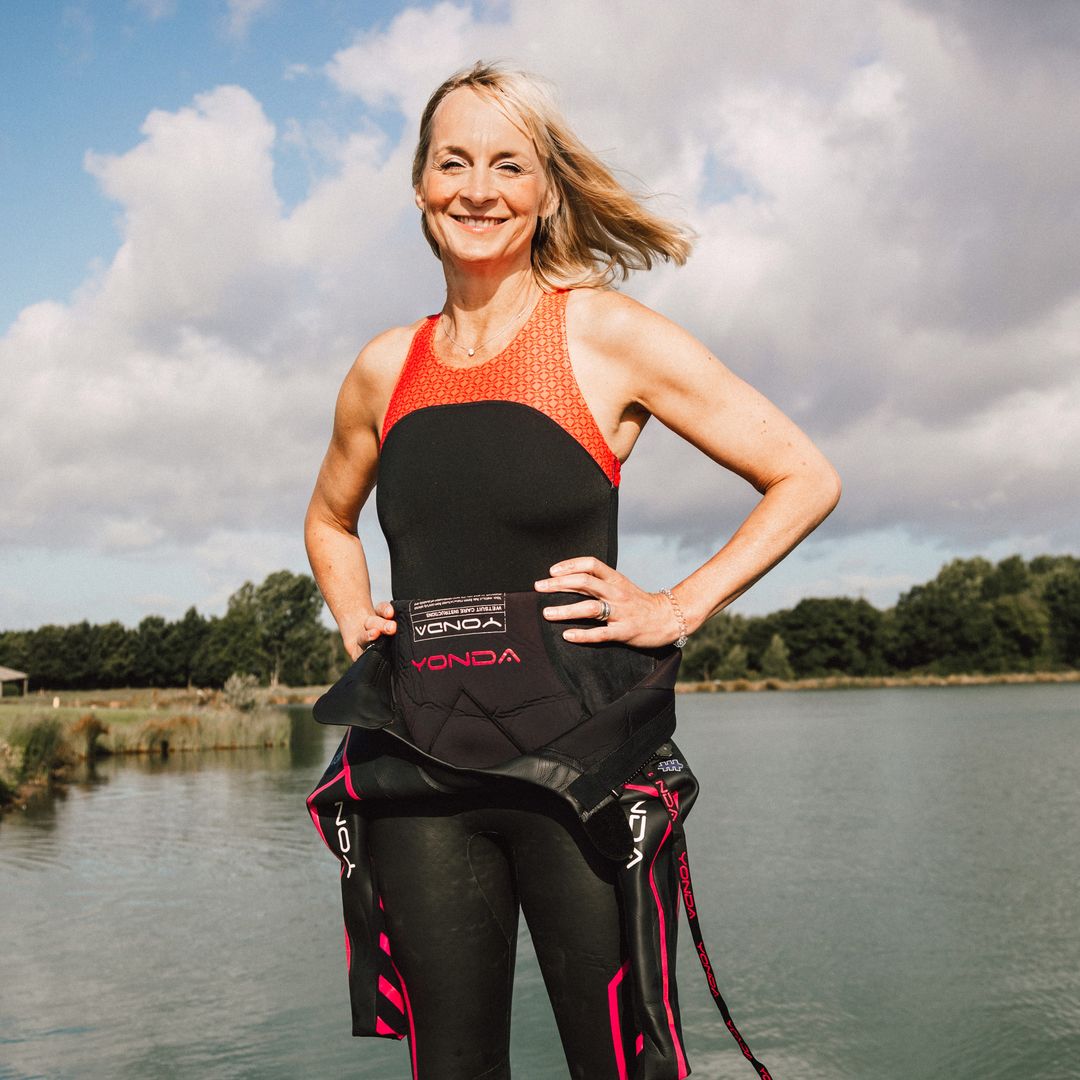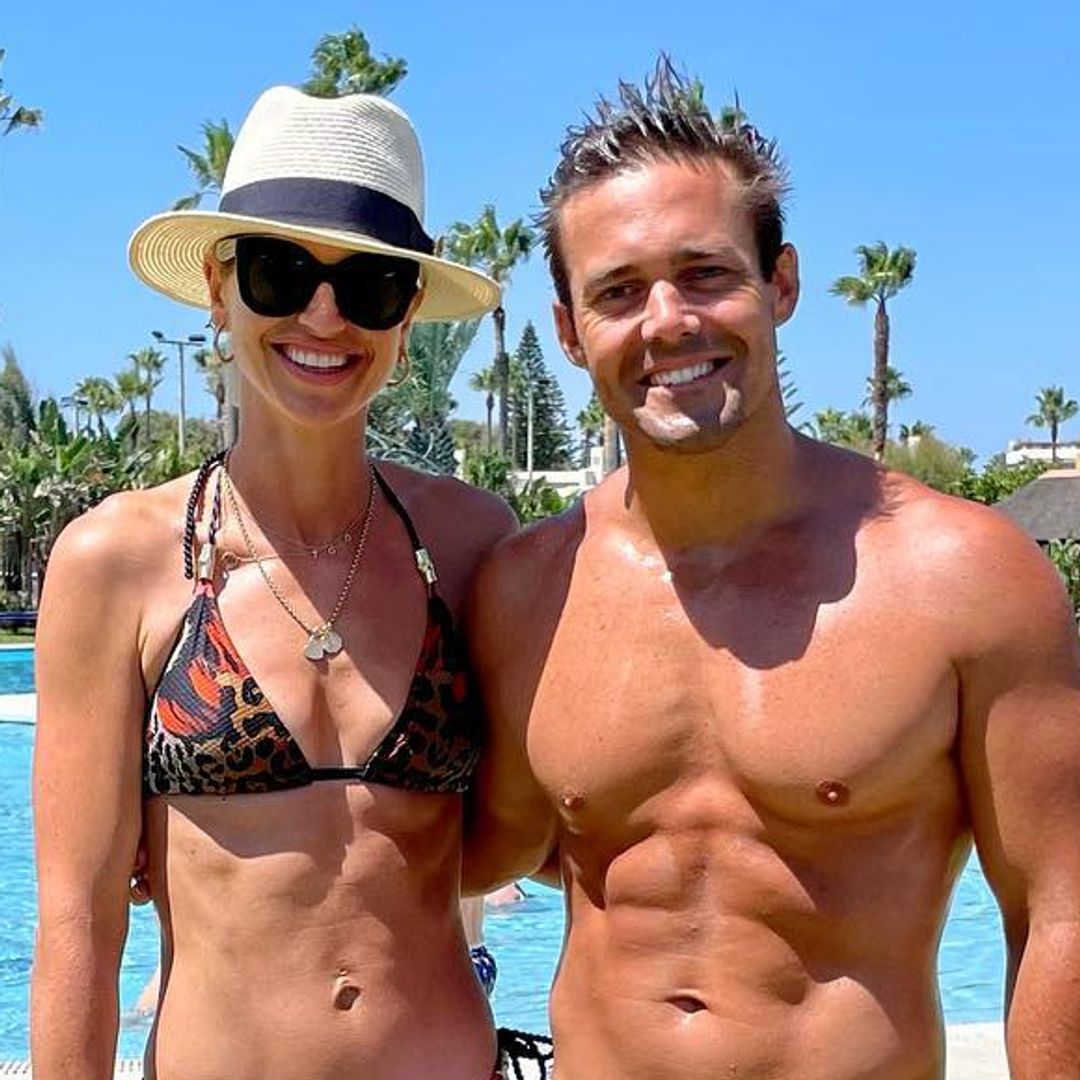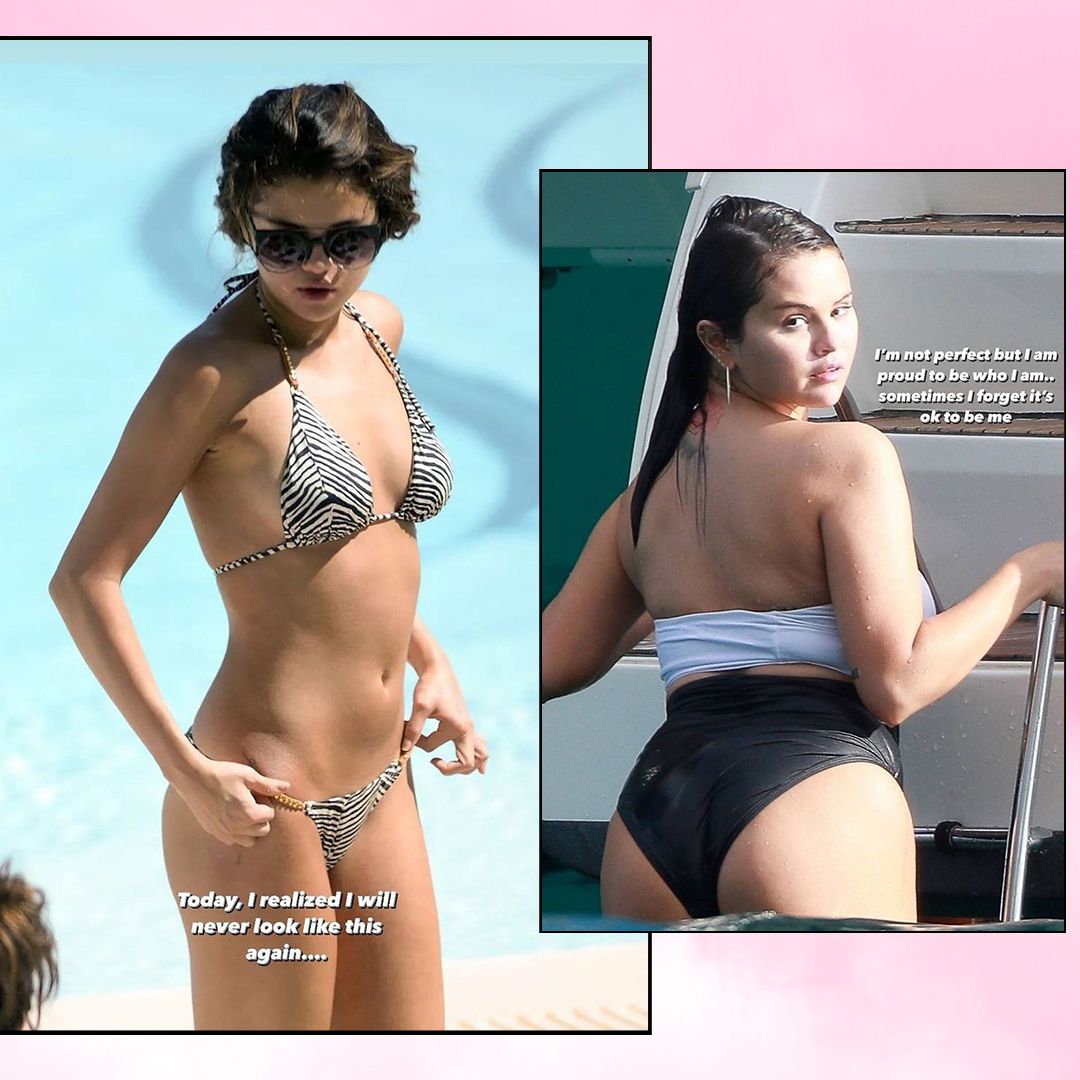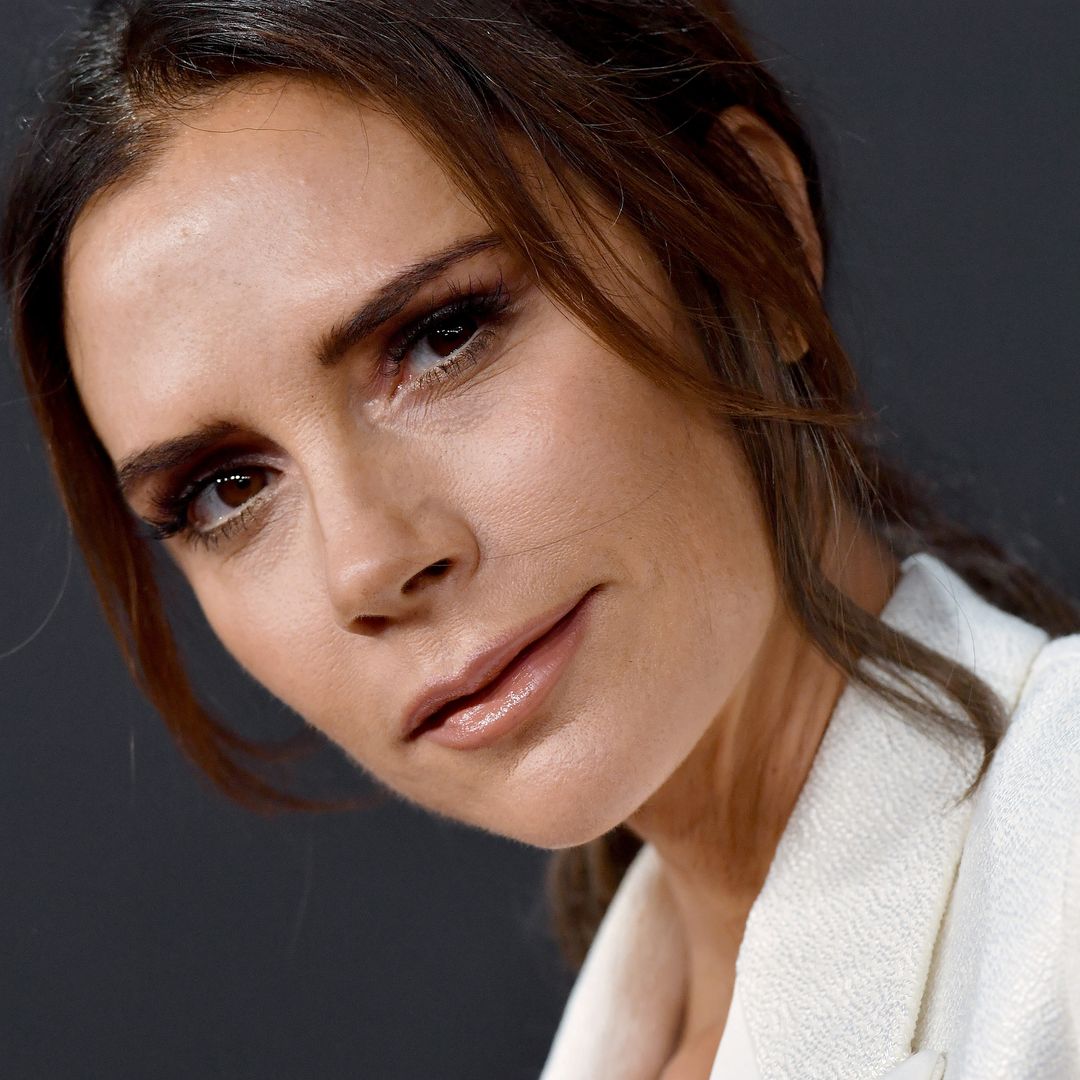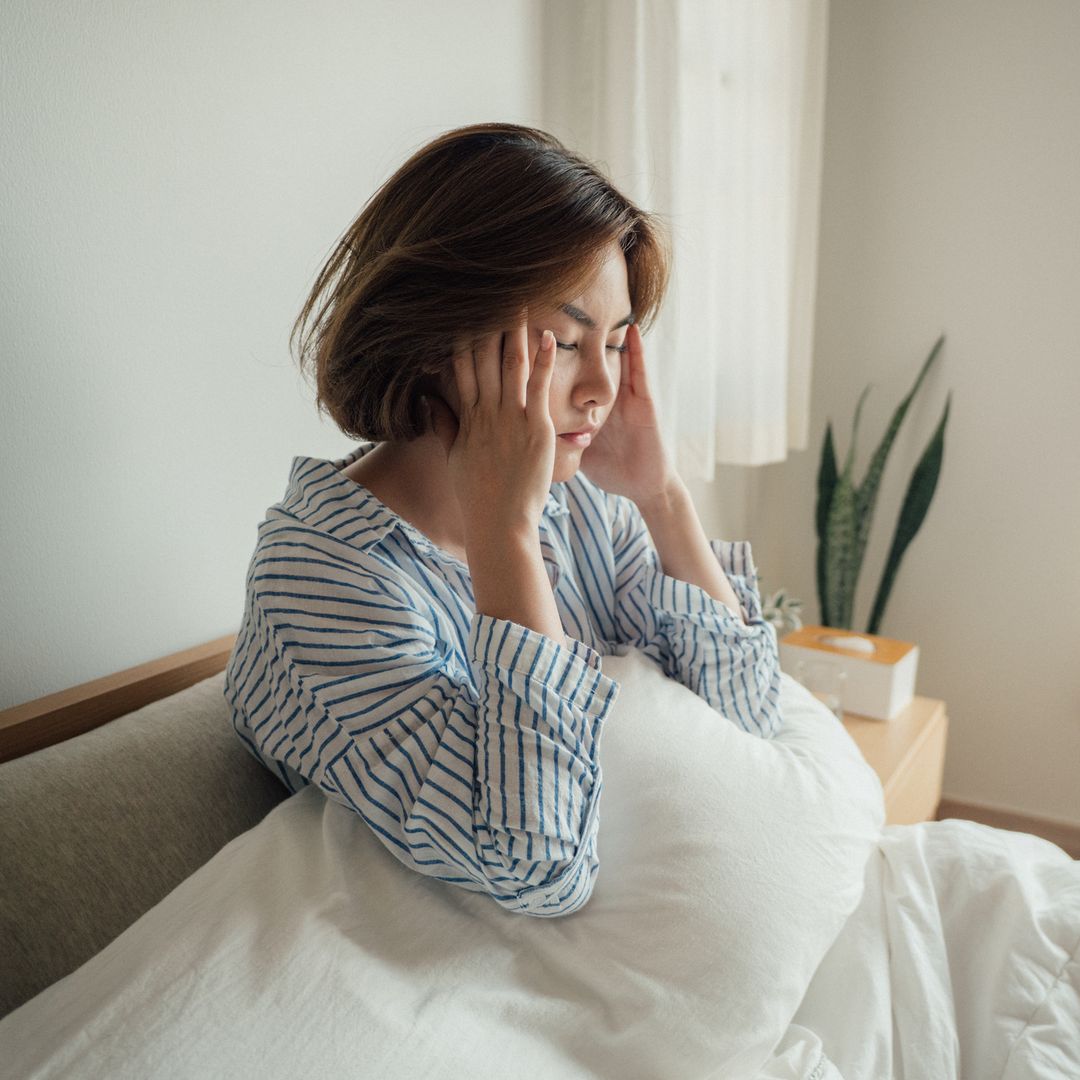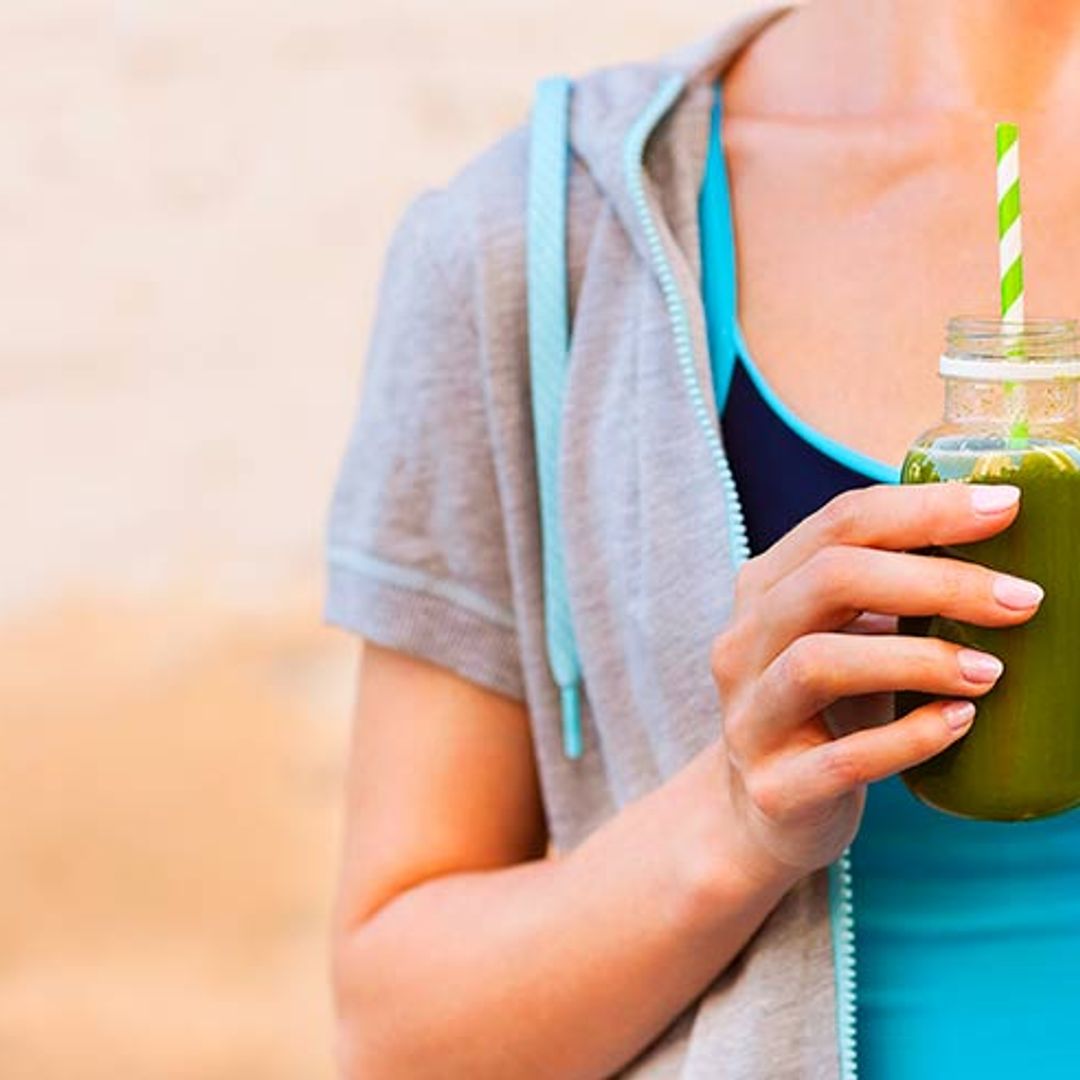I've considered myself part of the body positivity movement for a while now.
My reasoning? Well, I've changed the conversation in my own head about my body – I've overcome various eating disorders and hating every inch of it to feeling positive about it. I'm positive about what it does for me, what it allows me to do every day and I'm no longer totally preoccupied with how it looks or trying to change it.
So I've uploaded posts to Instagram and hashtagged them #bodypositive, I've taken part in body positive campaigns and I've identified as a body positive blogger.
This post details my personal struggle with body image issues
Now, I feel like this has all been quite misguided. I, a thin, white woman, should not be representative of the body positivity movement – and this is something I learned from blogger Grace Victory. "Body positivity was created by black, fat women for black, fat women and those who identify as trans or women," she told me. "It is a political and radical movement and needs to remain as such."
Full disclosure: I contacted Grace because I was originally writing this article on why everyone deserves to be part of the body positivity movement. I felt like I understood and honoured the roots of body positivity and didn't see why I couldn't be a part of it – I didn't see why it should be size-exclusive or why my relative privilege should stop me from being body positive. But a conversation with Grace quickly made me realise my ignorance when it came to the difference between personal feelings and a need for political liberation: "Marginalised people are being erased from the one place that they were safe in – it has been watered down and hijacked by women who are seen pretty much everywhere," she tells me.
Pictured: Megan Jayne Crabbe with Enam Asiama and Grace Victory. Photographer: Linda Blacker
Body positivity was created to shine a spotlight onto marginalised bodies – people of colour, fat, LGBTQ and disabled – because they are not properly, if at all, represented in the media. I've been to hell and back and I have a story to tell – I have extensive experience with eating disorders and my struggle is, of course, still valid – but I'm thin, white, cisgender, heterosexual and able-bodied and I don't know how it feels to navigate the world with discrimination. Therefore, I don't have a place in the body positivity movement.
Grace is also spot on about body positivity being watered down. One of its main objectives was to combat anti-fat discrimination – "fatphobia is systematic," Grace tells me, "if you are fat you are less likely to get a job and medical help." – but it has been commodified and adopted by brands for commercial gain using a narrow understanding of fatness: women with hourglass figures and no cellulite, just another ideal that is hard to achieve.
I'm an ally, rather than a leader in this conversation. I'm annoyed at myself for unknowingly trying to redefine the term to suit me. The term is not mine to be redefined. From now on, I'm #bodyconfident and #antidiet and I will continue to educate myself on the #bodypositive movement. #peaceout
